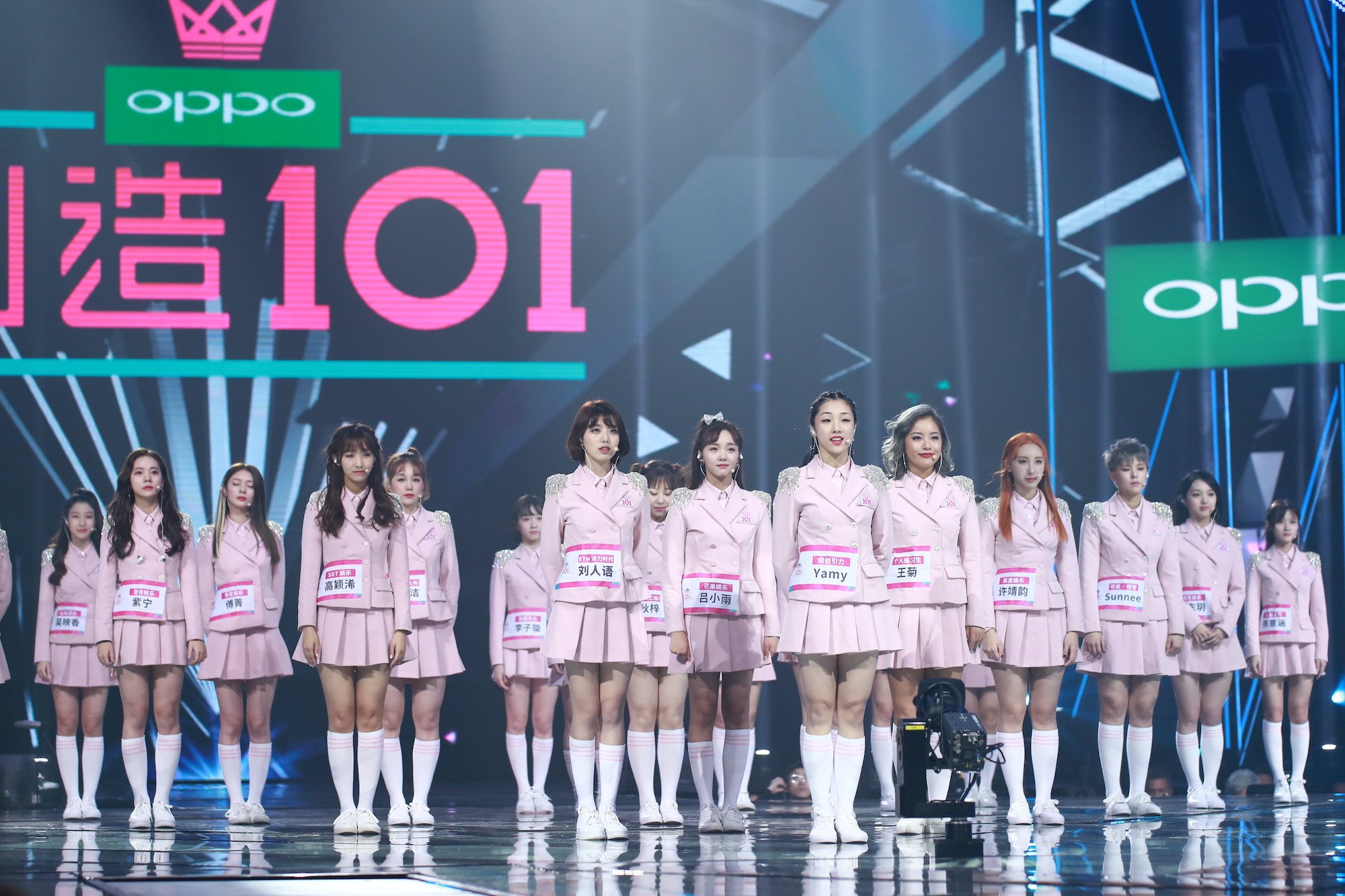‘Everything Is Fake’ About the Grueling K-Pop Trainee Process, According to an Ex-Participant
K-pop groups are here to stay. It has officially become integrated into global popular culture. Just last year, Trolls World Tour featured K-pop trolls. Will all this extra attention to K-pop, it’s high time for people to start paying attention to the training process. The grueling requirements for being a K-pop star are way too much for some. It also may limit the K-pop field to stars with the highest endurance, rather than the most talented. Some potential stars walk away from training rather than submit to the rigorous process.

The K-pop training process starts young
K-pop groups don’t begin organically. Bands like the Beatles formed on their own, but K-pop singers are grouped together by entertainment conglomerates. Basically, these groups are a business, rather than an artistic endeavor. Producers begin scouting talent very early. They’ll typically audition children and teenagers, trying to find kids with the perfect qualities for a K-pop star.
Now, some of these auditions are syndicated. Reality shows similar to American Idol have become the new venues for forming K-pop groups. But historically, the producers auditioned in private. A kid might think that they’ve made it big after getting picked from an audition, but the reality is that acing the audition is only the first step to becoming a K-pop star.
After the auditioning comes the training. Kids are whisked away to a somewhat secretive training process. Obviously, intense vocal training and dancing are part of the curriculum, but potential stars also learn English and are put on a restrictive diet.
Not all stars are up to the training
Chinese American Katherine Lee was interviewed about the training process for Buzzfeed News. Ultimately, Lee decided to quit training. She’s currently a student in Tennessee. Lee had just finished eighth grade when she moved to Korea to begin her training. According to Lee, producers liked her because she was international.
Not only was she American, but she had Chinese heritage. At the time, producers were looking for stars who could appeal to a broad, international audience. Lee was kind of a double whammy. In the beginning of her training, she studied Korean. She quickly became fluent, and then dedicated herself to training in singing and dancing. Every week, at least one of the training group would be cut.
Eventually, Lee was training all night and well into the morning, up until 4 am. There was also a lot of focus on weight, and girls even wore sweaters during the summer to try and stay trim. Remember, Lee was just 14 at the time. She took diet pills, and things were going well for her. She was on a reality show but was eventually eliminated in season five.
All was not lost. Lee still had a contract and was still technically a trainee. But as she talked to her friends in the US, who were living the average high school life, Lee felt jealous. She wasn’t happy and ended up going back to the US to finish her education.
Some stars, like BLACKPINK’s Rosé, have opened up about training
Lee’s frank explanation of the trainee process may be shocking to some K-pop fans. The grueling work schedule and obsession with body image isn’t healthy for young kids, which is how most trainees start out. But the big K-pop stars rarely talk about the trainee process the way Lee did.
One big name who has opened up about being a trainee is Rosé, a member of the superstar K-pop girl group BLACKPINK. Like Lee, Rosé wasn’t born in Korea. Although she is of Korean heritage, Rosé is actually a New Zealander. She does admit that being a trainee was hard, but she claims that at the time, she was eager for it. Rosé wanted to be a star, so she essentially gobbled up the long hours and intense practice sessions.


